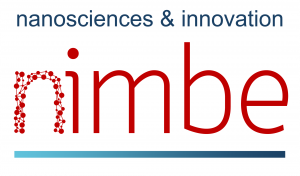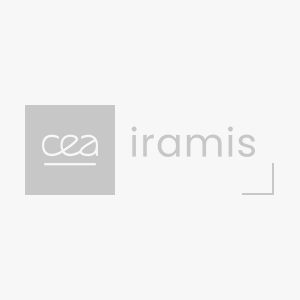Domain, Specialties : CHEMISTRY
Keywords: NMR spectroscopy, fluoresence microscopy, sustainable cement, microfluidics
Research Unit : NIMBE / LIONS
Summary
This project is focused on the development of tools to study cement chemistry. Microfluidic devices will be used to control the environment of small cement samples, and techniques including NMR and fluorescence will be used to monitor their pH during carbonation.
Full description
The production of conventional Portland cements accounts for up to 8% of global CO2 emissions. Approximately 40% of this CO2 comes from the energy expended by heating the raw limestone and clays needed to produce the cement, while the remaining 60% is released from the carbonates trapped within the limestone. Unfortunately, only a small fraction of this released CO2 is re-captured when cements are hardened through standard hydration processes. To reduce net CO2 emissions, a growing number of researchers and start-up companies (e.g., CarbonCure, Solidia, Fortera) are working to set cements through a combination of hydration and carbonation to re-capture released CO2. However, the carbonation of cements is a poorly understood phenomenon that can proceed through surprisingly complex multi-step pathways.
Following from previous studies within the lab on the evolving structure of cements, the aim of this internship is to investigate chemical changes that occur within the cement pore solution during carbonation. The environment of cements will be carefully controlled by utilizing microfluidic devices, and reactions will be monitored using nuclear magnetic resonance (NMR) spectroscopy/imaging and fluorescence. These techniques will enable us to evaluate the pH during the curing of different sustainable cement formulations, an important parameter related to the final phase composition and durability of concrete.
Location
CEA Saclay, Site de l’Orme des merisiers (91) Essonne, France
Internship conditions
- Internship duration: 6 months
- Level of study: Bac+5
- Training: Master 2
- Continuation in PhD thesis: Yes
- Application deadline: 3 février 2025
Experimental skills
Useful methods and technics:
NMR/MRI, fluorescence (1D optode and confocal microscopy), microfluidics, scanning electron microscopy, 3D-printing, computer-aided design
Computer languages and software:
Langue : English
Links
- Site web du laboratoire : iramis.cea.fr/nimbe/lions
- Personal Web page of the supervisor
Supervisor
Mark LEVENSTEIN
Phone: +33 1 69 08 57 34
Email :





